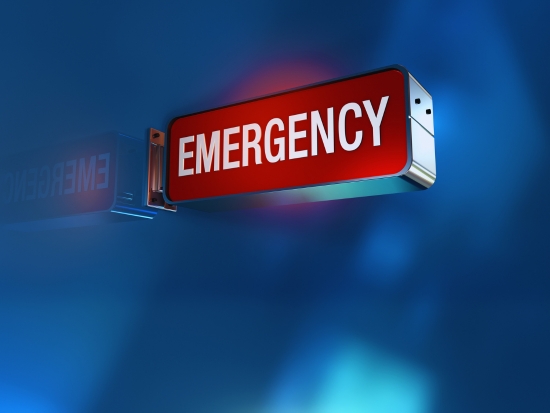Emergency Dentistry: How to Handle Dental Emergencies and Protect Your Smile

Dental emergencies can occur when we least expect them, causing pain, discomfort, and anxiety. Knowing how to handle these situations can make a significant difference in preserving your oral health and minimizing the impact of an emergency. In this blog post, we’ll explore the top five kinds of dental emergencies and injuries and provide essential tips on how to avoid emergencies and take care of your teeth. Let’s dive in!
Top 5 Kinds of Dental Emergencies and Injuries
Understanding the most common types of dental emergencies can help you recognize and respond to them promptly. Here are the top five dental emergencies and injuries to be aware of:
1. Tooth Fractures or Cracks
Accidents or trauma to the mouth can lead to tooth fractures or cracks. These injuries can range from minor chips to severe cracks that extend into the root of the tooth. Symptoms may include pain, sensitivity, and difficulty eating or speaking.
2. Avulsed (Knocked-Out) Teeth
Having a tooth completely knocked out requires immediate attention. If a tooth is avulsed, it’s crucial to handle it carefully by the crown (top) and avoid touching the root. Time is of the essence, as the chances of successful re-implantation decrease significantly after 30 minutes.
3. Severe Toothaches or Abscesses
Toothaches can range from mild discomfort to severe, throbbing pain. If you experience persistent tooth pain or notice swelling around the affected area, it may indicate an abscess—an infection that requires immediate dental attention.
4. Dislodged or Loose Teeth
Sports injuries, accidents, or biting on hard objects can cause teeth to become dislodged or loose. Seeking prompt dental care is essential in these cases, as your dentist may be able to reposition and stabilize the tooth.
5. Broken or Lost Dental Restorations
If a filling, crown, or dental bridge breaks or falls out, it can cause discomfort and leave the underlying tooth vulnerable to further damage or infection. Contact your dentist as soon as possible to have the restoration repaired or replaced.
Tips to Avoid Dental Emergencies and Maintain Oral Health
While dental emergencies can happen unexpectedly, there are several steps you can take to minimize the risk and maintain optimal oral health. Consider the following tips:
1. Practice Good Oral Hygiene
Maintaining a consistent oral hygiene routine is crucial in preventing dental emergencies. Follow these essential steps:
- Brush Twice a Day: Brush your teeth for two minutes using fluoride toothpaste.
- Floss Daily: Clean between your teeth and along the gumline to remove plaque and food particles.
- Rinse with Mouthwash: Use an antimicrobial mouthwash to kill bacteria and freshen your breath.
2. Wear Protective Gear during Sports and Physical Activities
Engaging in sports or physical activities can increase the risk of dental injuries. Protect your teeth by wearing a mouthguard or appropriate headgear to minimize the impact of trauma.
3. Avoid Bad Habits
Certain habits can put your teeth at risk of damage or injury. Be mindful of the following:
- Avoid Chewing on Ice or Hard Objects: Chewing on hard substances can lead to tooth fractures or chips.
- Don’t Use Your Teeth as Tools: Resist the urge to open bottles, tear packaging, or perform any tasks using your teeth.
4. Maintain Regular Dental Check-ups
Preventive dental visits play a crucial role in identifying and addressing potential dental issues before they escalate into emergencies. Make sure to schedule regular check-ups and cleanings with your dentist.
Did you know? According to the American Dental Association,regular dental check-ups can help prevent up to 100% of dental emergencies.
5. Be Prepared for Emergencies
Even with preventive measures, emergencies can still occur. It’s important to be prepared by:
- Having Emergency Contact Information: Keep your dentist’s contact information readily available, including their after-hours emergency number.
- Creating an Emergency Dental Kit: Include items such as gauze, a small container with a lid, pain relievers, and a dental first aid guide in case of emergencies.
Book Your Emergency Dental Appointment with Dr. Irene Gula at City Edge Dental
Despite our best efforts, dental emergencies can still happen. If you find yourself in need of urgent dental care, don’t hesitate to contact Dr. Irene Gula at City Edge Dental. Our compassionate team specializes in emergency dentistry and is dedicated to providing prompt and effective care to alleviate pain and address your dental needs.
Remember, early intervention is crucial in dental emergencies to prevent further complications and preserve your oral health. Act swiftly and book your emergency dental appointment with Dr. Irene Gula today.


